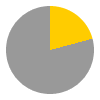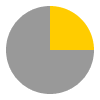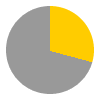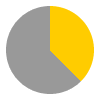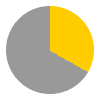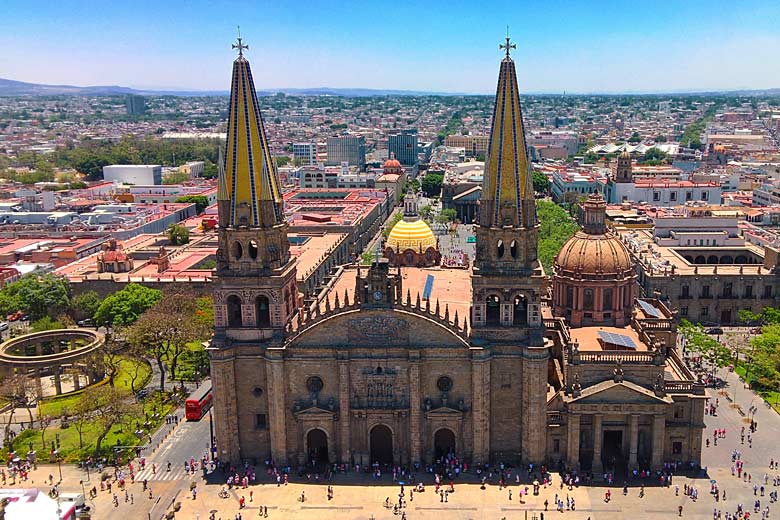- Explore lowest fares on flights to destinations worldwide
- Book flights to/from Turkey & popular connecting destinations
- Fly via Istanbul to Africa, Asia, Middle East & the Americas
Iran weather by month
Check out Iran weather averages by month. Compare detailed monthly climate statistics including temperature, rainfall and sunshine figures.
| Jan | Feb | Mar | Apr | May | Jun | Jul | Aug | Sep | Oct | Nov | Dec | |
|---|---|---|---|---|---|---|---|---|---|---|---|---|
| Maximum daytime temperature °C |  5 5 |
 8 8 |
 14 14 |
 20 20 |
 26 26 |
 32 32 |
 35 35 |
 34 34 |
 30 30 |
 22 22 |
 15 15 |
 8 8 |
| Hours of sunshine (daily) | ||||||||||||
| Days with some rainfall |  10 10 |
 9 9 |
 11 11 |
 11 11 |
 10 10 |
 3 3 |
 2 2 |
 2 2 |
 2 2 |
 6 6 |
 6 6 |
 9 9 |
More about Iran
Iran by month
Jan Feb Mar Apr May Jun Jul Aug Sep Oct Nov Dec
Recommended for Iran
The climate guide for Iran (Tehran) shows long term monthly weather averages processed from data supplied by CRU (University of East Anglia), the Met Office & the Netherlands Meteorological Institute. Find out more about our data sources.
Top Iran destinations
Below are average maximum temperatures at popular countries, regions and places in Iran for next month - April. Select a destination to see the climate guide for all months of the year.
All Iran destinations
- Abyaneh
- Ahvaz
- Ardabil
- Isfahan
- Kashan
- Kerman
- Kermanshah
- Kish Island
- Mashad
- Masouleh
- Sari
- Shiraz
- Tabriz
- Tehran
- Yazd
- Zahedan
Metric (°C / mm) | Imperial (°F / inches)
Iran climate overview
Named after the Aryan people who settled in this region 3,000 years ago, Iran is a large country extending from the Caspian Sea in the north to the Persian Gulf and Gulf of Oman in the south. The country is extremely mountainous, and apart from coastal plains and two areas of the south-east, almost all of it lies over 700 metres above sea level.
Its position in western Asia roughly 30° north of the equator places it in a region of descending warm stable tropical air, which produces very dry conditions everywhere most of the time. Only in areas bordering the Caspian Sea and in some mountain regions in the west are there significant levels of rainfall. Elsewhere hot dry summers and cold to very cold winters are the norm.
The country is dominated by two mountain ranges with the high Iranian Plateau lying between, much of which is desert, and where summer temperatures are among the highest in world. In the west the Zagros Mountains stretch almost the entire length of the country and in the north the Alborz Mountains skirt the Caspian Sea.
Iran's capital Tehran lies at the northern edge of the Plateau in the shadow of the Alborz Mountains. Summers here are generally dry and hot with low humidity and plenty of sunshine, but the city is far enough north and sufficiently high in elevation to experience wet and cold winters with occasional snow.
The Alborz Mountains are snow-covered for most of the winter and home to some of the highest ski resorts in the Northern Hemisphere. The northern foothills, running down to the Caspian Sea coast, are wet and fertile and receive adequate rainfall to support the cultivation of tea, cotton, and rice as well as forests of beech and oak.
Being an Islamic state Iran is a country with a strict dress code that applies to all visitors. It is also subject to numerous and often severe earthquakes.
Iran weather averages
Temperature in Iran (°C)
| Jan | Feb | Mar | Apr | May | Jun | Jul | Aug | Sep | Oct | Nov | Dec | |
|---|---|---|---|---|---|---|---|---|---|---|---|---|
| Max temperature (daytime) |  5 5 |
 8 8 |
 14 14 |
 20 20 |
 26 26 |
 32 32 |
 35 35 |
 34 34 |
 30 30 |
 22 22 |
 15 15 |
 8 8 |
| Min temperature (night-time) |  -3 -3 |
 -1 -1 |
 3 3 |
 9 9 |
 14 14 |
 19 19 |
 22 22 |
 21 21 |
 17 17 |
 11 11 |
 5 5 |
 0 0 |
| Heat & Humidity |  0 0 |
 0 0 |
 0 0 |
 0 0 |
 L L |
 H H |
 H H |
 H H |
 M M |
 0 0 |
 0 0 |
 0 0 |
Note: 0 = None, L = Low, M = Moderate, H = High, VH = Very high, E = Extreme
Sunshine & UV index in Iran
| Jan | Feb | Mar | Apr | May | Jun | Jul | Aug | Sep | Oct | Nov | Dec | |
|---|---|---|---|---|---|---|---|---|---|---|---|---|
| Daily hours of sunshine | ||||||||||||
| Daily hours of daylight |  10 10 |
 11 11 |
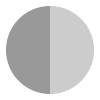 12 12 |
 13 13 |
 14 14 |
 15 15 |
 14 14 |
 13 13 |
 12 12 |
 11 11 |
 10 10 |
 10 10 |
| UV Index (Maximum) |  3 3 |
 4 4 |
 6 6 |
 8 8 |
 11 11 |
 11 11 |
 11 11 |
 11 11 |
 9 9 |
 6 6 |
 3 3 |
 2 2 |
Rainfall in Iran
| Jan | Feb | Mar | Apr | May | Jun | Jul | Aug | Sep | Oct | Nov | Dec | |
|---|---|---|---|---|---|---|---|---|---|---|---|---|
| Number of days with some rain |  10 10 |
 9 9 |
 11 11 |
 11 11 |
 10 10 |
 3 3 |
 2 2 |
 2 2 |
 2 2 |
 6 6 |
 6 6 |
 9 9 |
| Average monthly rainfall (mm) | 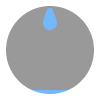 37 37 |
 35 35 |
 40 40 |
 33 33 |
 22 22 |
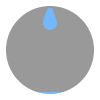 6 6 |
 5 5 |
 3 3 |
 3 3 |
 17 17 |
 22 22 |
 36 36 |
Compare Iran weather with the UK
The weather chart below compares the average monthly maximum daytime temperature for Iran (Tehran) and the UK (London).
Maximum daytime temperature (°C)
Metric (°C / mm) | Imperial (°F / inches)
Be inspired
Get your weekly fix of holiday inspiration from some of the world's best travel writers plus save on your next trip with the latest exclusive offers
We promise not to share your details
Related posts
Popular travel offers
Explore holiday destinations
- Beach holidays
- City breaks
- Family holidays
- Half term holidays
- Spring holidays
- Summer holidays
- Autumn holidays
- Winter sun holidays
- Honeymoons
- Coolcations
- Compare places
- Ski resorts
Save with latest deals & discounts
- Holiday offers
- Top travel brands
- Airlines & flights
- Discount hotels
- TUI
- Jet2holidays
- Neilson
- Marella Cruises
- Holiday Extras
- Pierre & Vacances
- Caledonian Travel
- Club Med
Airport parking
- Manchester Airport
- Stansted Airport
- Bristol Airport
- Luton Airport
- Birmingham Airport
- Edinburgh Airport
- Gatwick Airport
- Glasgow Airport
- Newcastle Airport
Airport lounges
- Manchester Airport
- Birmingham Airport
- Bristol Airport
- Edinburgh Airport
- Glasgow Airport
- Heathrow Airport
- Newcastle Airport
- Stansted Airport
- Gatwick Airport

